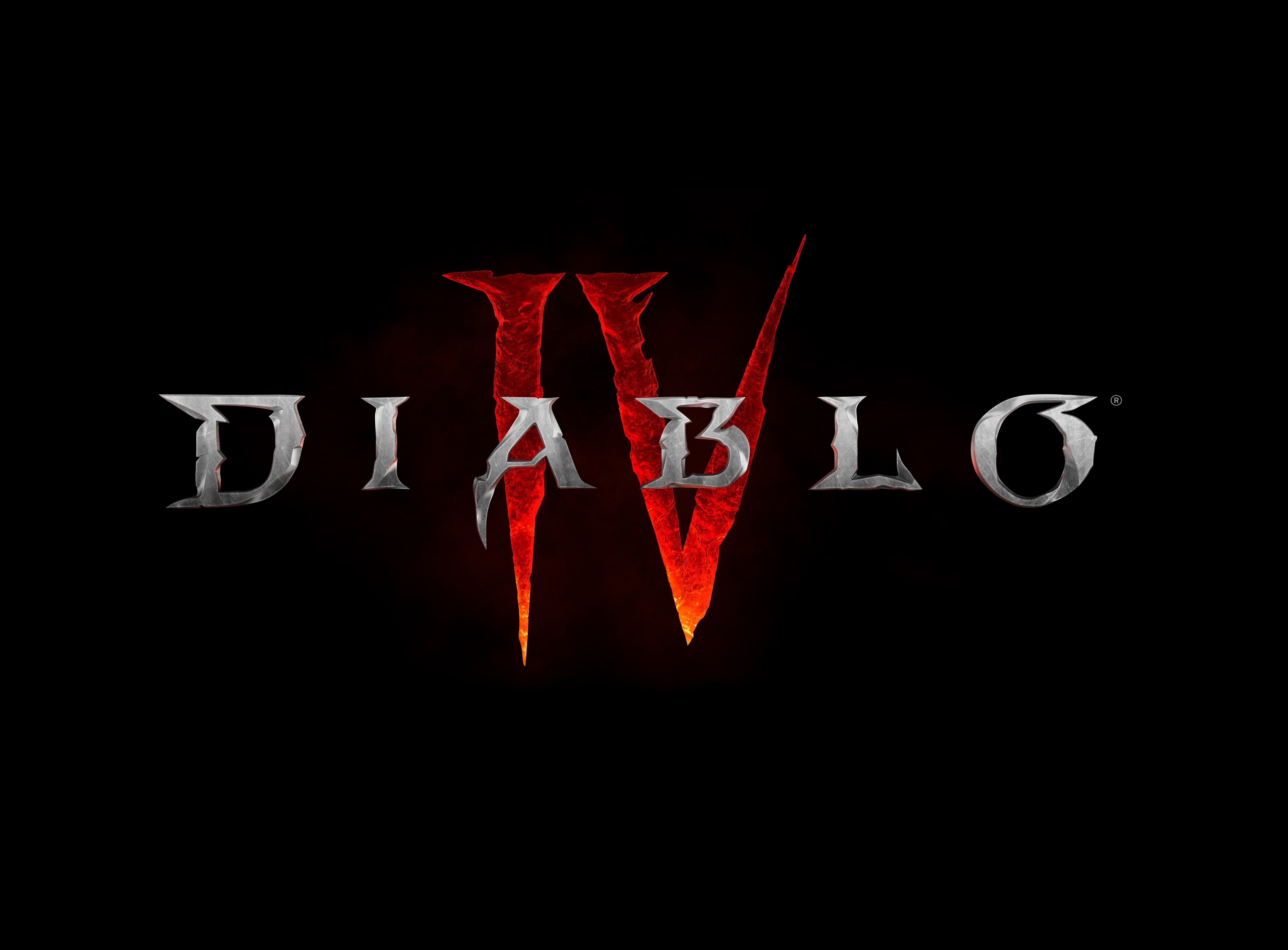

The EU itself also has a Mastodon instance with the funny, overly clear name of https://social.network.europa.eu/
But only the institutions of EU, not for EU residents.
I like this idea because it becomes very easy to verify authenticity especially now that verification badges on X is just subscription badges without verification. You simply set up a subdomain of the form social.country.tld (much like the German parliament did) and you’ll know forename.surname@social.country.tld is an authentic representative for a political party or whatever. No money involved other than running the instance, which will be a tiny cost for something as niche as one offering a voice for the parliament alone.
So I hope this takes off even more around the world. It is certainly a more democratic way to do social than paying some dude in America that runs his personal garden to have badges.








Haha I think they might be talking of how Mastodon doesn’t insert ads or bought posts right next to your own posts, so a professional institution like a parliament no longer risks having erection pills or a crypto ad that fakes association with a celebrity next to a post by a political party leader.